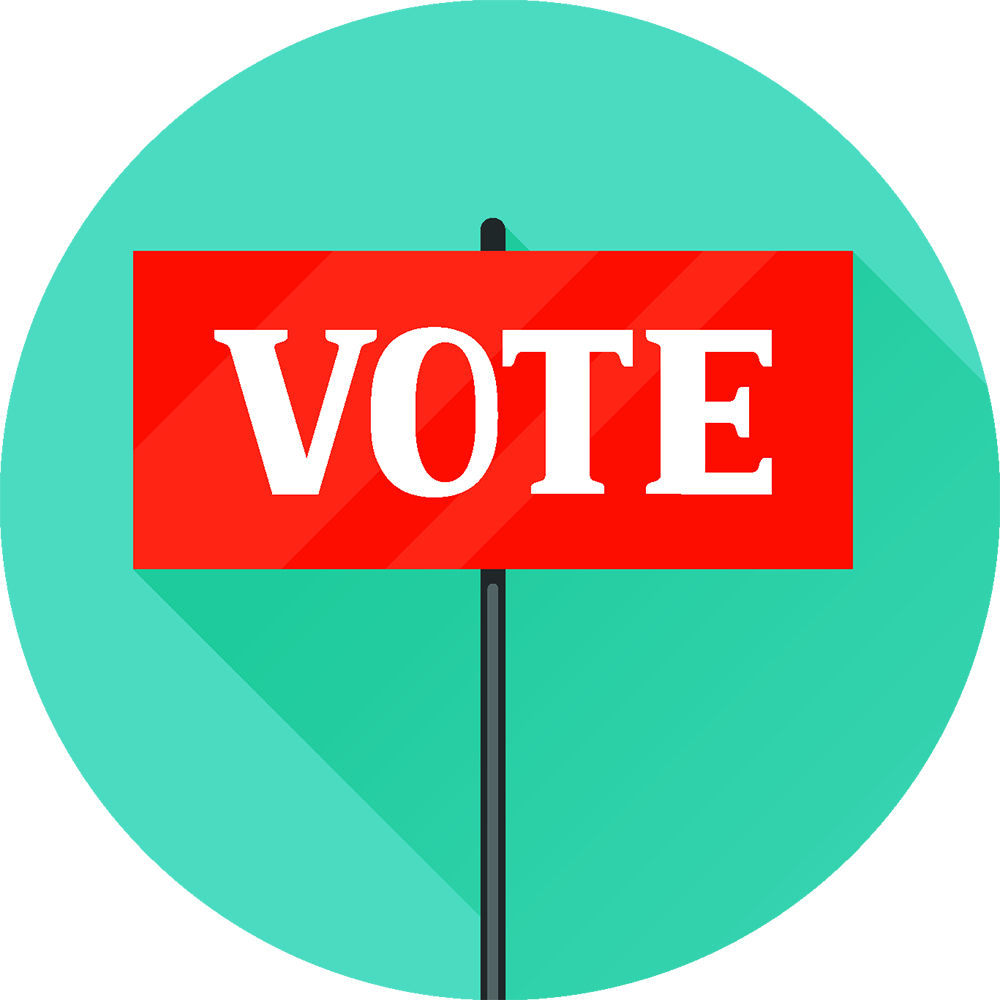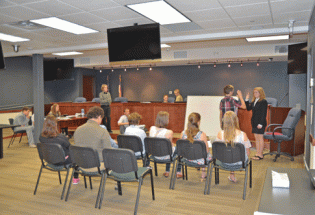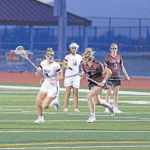Colorado Amendment 73 asks for tax hike for education funding
By Dan Karpiel
The Surveyor
Currently all Coloradans, regardless of earned income, pay the same rate (4.63 percent) in state income taxes. Amendment 73 would change that, increasing taxes on individuals and families with an annual income over $150,000, raise corporate tax rates, and offer a slight reduction in property taxes levied by school districts. The expected increase in revenue from the tax increases would be placed into what would be called the Quality Public Education Fund for kindergarten through 12th grade education spending.

The measure is complicated. The graduated income tax rates, similar to what Americans pay in federal income taxes, would create five income tax brackets. For individuals and married couples filing jointly the tax increase would apply to income earned above the $150,000 level, and all income earned below that mark would be taxed at the current state rate of 4.63 percent. The next bracket would tax income from $150,001 to $200,000 at 5.00 percent, for 200,001 to $300,000 the rate would increase to 6.00 percent, for $300,001 to $500,000 the increase would be 7.00 percent, and all income earned over the $500,001 mark would be increased to 8.25 percent, or nearly double the current rate.
The proposed tax increase would impact 185,662 Colorado tax payers. The increased rate in the 5.00-percent bracket would raise the income tax burden by $81 annually; for the 6.00-percent bracket by $729 annually; for the 7.00-percent bracket by $3,456 per year and lastly; for the 8.25-percent bracket by $42,528 each year. The measure specified the increase in revenue, monies that would go to the Quality Public Education Fund, must be spent by the legislature in addition to, and instead of, current funding from the General Fund and other state income streams used to finance public education.
Amendment 73 also asks for a substantial increase in corporate tax rates from the current rate of 4.63 percent to 6.00 percent. Where things get complicated, however, is the adjustment to property taxes levied by school districts and only by school districts, property taxes levied by other government entities, such as counties or municipalities. Under the proposal, taxes levied by school districts would be decreased from 7.2 percent to 7.00 percent for residential property and from 29 percent to 24 percent for non-residential property. Both rates would be locked in at those figures state wide if the measure becomes law.
The goal of resetting and freezing the property tax rates was done to prevent local government from lowering property tax rates they levy from current levels. According to the Denver Post, which opposes Amendment 73, “At best, it’s unclear how freezing one category of property tax assessments would impact property taxes assessed for the benefit of local governments and special districts. At worst Amendment 73 would result in the loss of millions of dollars in revenue for cities, towns and special districts.”
According to text of the measure, the tax increase called for in Amendment 73 would go for the following means: increase statewide base per-pupil funding to $7,300 (from $6,456 in 2017-18), increase state funding beyond fiscal year 2018-2019 by $120 million for special education by $120 million, by $20 million for English language proficiency programs, by $10 million for gifted and talented programs and by $10 million for preschool funding.
Supporters of the measure are mostly progressive and left-leaning groups and individuals and include U.S. Senator and 2018 presidential candidate, Bernie Sanders (I-VT). Others supporting the measure include the Colorado AFL-CIO, The League of Women Voters, the NAACP, AFSCME, the Poudre School District and the Colorado PTA.
According to Great Schools, Thriving Communities, a group which is organized in support of Amendment 73, “Creating a graduated income tax structure that begins at $150,000 in federal taxable income (income after exemptions and deductions) helps to address inequities in Colorado’s current tax system. The measure would make the tax code more fair for hard-working Coloradans. To provide sustainable support for schools for years to come, the measure stabilizes the volatile local share of education funding by first lowering property tax rates and then freezing the rates, which are third lowest in the nation.”
Opposition to the measure is wide and varied and includes the Independence Institute, The TABOR Foundation, the Denver Metro Chamber of Commerce, and the Colorado Farm Bureau. According to No on 73, “73 is a massive tax hike on many Colorado families and most Colorado employers, designed to give education bureaucrats a blank check. Amendment 73 guarantees no results. It is a blank check. Amendment 73 proponents are employing a campaign of deceit to try and seduce Colorado voters into backing their plan. Don’t be deceived!”
In a statement opposing the measure, the Denver Metro Chamber of Commerce stated, “As a chamber, we strongly support a well-funded and effective PreK-12 system; however, this proposal raises multiple concerns for our members because it places the burden of funding education on the backs of our smallest businesses, threatening their ability to succeed, and locks that burden into our state’s constitution.”
Three of the state’s largest newspapers – the Denver Post, the Pueblo Chieftain and the Colorado Springs Gazette – have written editorials asking voters to oppose Amendment 73.
- August, 05 2021

Delta variant of COVID-19 increases i...
The Larimer County Department of Health & Environment provided an update for the community on...
- December, 18 2020

Larimer County Not Yet Eligible for S...
The Colorado Department of Public Health and Environment announced the "5 Star Certification Program" this...
- December, 30 2022

News Bites – December 29, 2022
The Colorado Department of Public Health and Environment is monitoring an increase in pediatric hospitalizations...
- February, 23 2023

Amy Kuber creates baby wearing jacket...
By Shelley Widhalm The Surveyor Berthoud business owner Amy Kuber wanted to go on a...
- June, 06 2014

To bee, or not to bee?
By Rudy Hemmann The Surveyor The Berthoud Board of Trustees directed Parks and Recreation Director...
- May, 18 2017

Turner students re-enact “Trial of th...
Scott Washenfelder’s sixth grade literature classes...

POLICEBLOTTER
Community News
Northern Water sets C-BT quota at 70% for 2024
Community News

Emotions run high during Revere Property hearing
Community News
Snowpack at 119% above normal
Community News

Karspeck to serve third term as Berthoud mayor
Community News

OPINION – No bitchin’ allowed
Community News
Roy Tripi to become principal of BHS on July 1
Community News
COMMUNITY CALENDAR:
Community Calendar – add an event
Homestead Fine Art Gallery First Fridays OPEN HOUSE
03 May 4:00 PM - 7:00 PM
Homestead Fine Art Gallery First Fridays OPEN HOUSE
07 Jun 4:00 PM - 7:00 PM
Homestead Fine Art Gallery First Fridays OPEN HOUSE
05 Jul 4:00 PM - 7:00 PM
Homestead Fine Art Gallery First Fridays OPEN HOUSE
02 Aug 4:00 PM - 7:00 PM
Homestead Fine Art Gallery First Fridays OPEN HOUSE
06 Sep 4:00 PM - 7:00 PM
Homestead Fine Art Gallery First Fridays OPEN HOUSE
04 Oct 4:00 PM - 7:00 PM

